
Born in Syracuse, NY, David Nora was a normal child until he saw The Exorcist at the age of seven. Sleeping with an actual vial of holy water, he finally recovered with his first viewing of the meta-slasher comedy, Scream. Since then he has been devouring everything horror related—except the Child’s Play movies. He wants nothing to do with that devil doll. Currently, he lives in NYC with his beloved stuffed polar bear, Po Po. Slasher Crasher, a horror-comedy about two feuding high school friends who cross paths with a serial killer on the loose, is his debut novel. It is available at Barnes and Noble and Amazon. Those who send a purchase confirmation to the author’s email (david.nora.jr@gmail.com) will receive a thank you postcard and digital art.
What was your first book and when did you write it?
My first attempt at writing a full-length novel was Polysomething. It was a gay rom-com about a neurotic New Yorker who dates a polyamorous singer/actor. He develops a love-hate relationship with the singer/actor’s other boyfriends. I was 26 when I wrote it and it was an absolute piece of shit. It was rejected by every agent/publisher I sent a query letter to. Fortunately, it didn’t deter me from writing. I had accomplished a huge milestone—putting a whole bunch of coherent words together—and I wanted to do it again. I then started Slasher Crasher.
Do you normally research your stories before you write it, or do you start with a general concept and see where it goes while writing?
Definitely the later. I usually imagine the beginning and end of a story. After a thousand edits, and a plethora of Google searches (The FBI and my mother should stay away from my history), I end up with something one hundred percent different.
Can you tell us something about your beginning in the indie world?
I consider myself a starving artist. At 17, I self-published a children’s book. At 32, Slasher Crasher was picked up by a small press. Even though I don’t have an agent or a major publishing house behind me, I’m proud of my journey as a writer. I’ve made progress: my writing improved over the last decade and I was able to learn the ins and outs of book promotion. I got more to learn. Hopefully I’ll get the opportunity to do so.
Many horror creatures are tied to religion (vampires, ghosts, possessions, demons, devils). Do you find this to put a limit to horror creativity as a genre?
That is an interesting question. Horror has a rich history that has deep ties to many social institutions, especially those with immense power like religion. One purpose of religion is to answer the mysteries of life. Horror questions those answers. It questions the answers of science and nature, anything that touches the uncertainty of life. I like the idea that horror has its hand in these massive constructs. Like we’re the punks of life’s mysteries. We can pump our fists in support or fuck things up.
Does writing energise or exhaust you?
Writing is therapy to me, and anyone who goes to therapy knows that it can be both. Sometimes I come out of writing thrilled with what I wrote, overjoyed, energized. Other times I hate everything I wrote. I’m sad and drained. However, every time I have a writing session, I get into a zone. It’s a magical period, in which I leave this world and think only of words. It’s a much needed time.
Do you have a writing space and more generally a writing routine?
I eat, sleep, and write in the same space—my bed. They say you shouldn’t do it but I feel comfortable in this space. I spend hours staring at a screen thinking about words so I need a comfortable position I could physically endure for that amount of time. My lower back would hate me even more if I sat at a desk the whole time.
I do have a writing routine. Monday through Friday I go to work from eight to three then I come home, eat, and afterwards write. I usually write until 11. On weekends I wake up, eat breakfast, write for three/four hours, take a shower, eat again, then write for the rest of the night. Once I finish a piece, I edit it with the same routine.
Do you find that being based in a town, rather than a city, for example, can influence a writer’s career?
Of course. Writers use their towns or hometowns as settings for their work and I feel like the type of town influences styles of writing/genre. Small towns can inspire dark mysteries or Americana/folksy tales and bigger cities can produce fast pace thrillers. Slasher Crasher is set in my hometown of Syracuse, which created a Stephen King, small town with big monsters-esque perspective. Plus it’s surrounded with woods and woods is good for killing.
Did you start by writing novel or you “evolved” into it after writing a lot of short stories?
I evolved from writing short stories. I needed to establish my routine and ability to not delete everything I wrote. Short stories made it easier to do both. Also writing a novel was a daunting task. I needed to develop confidence in my writing abilities. After writing a sleuth of bad short stories, I felt like I could graduate to writing bad novels.
Do you have a formal writing instruction (for example, a degree in creative writing)? Do you think that a formal instruction helps writing?
I don’t have a degree in writing. Nor do I have any formal writing instruction. I feel like the two best writing practices are: reading a lot and writing a lot. Receiving formal instruction gives you the time to practice, so it helps, but anyone who gives themselves time to write is following best practices.
Have you ever killed a character you didn’t want to?
Nope, but I killed a lot of characters I wanted to. High school bullies were terrible to me. I got my literary revenge.
How do you choose your characters’ names and how important are the names of the characters in your stories?
Slasher Crasher was based on a real high school experience so names were important to me. I slightly changed the names of those involved (i.e., adding ‘man’ to one of the characters’ last names) because it felt more real keeping them as close as possible to the real thing. It felt like I was talking to my friends or being picked on by bullies from high school. It was a surreal experience.
In general, it all depends. I tend to care too much about my main character’s name. I will research the meaning behind names. Try a couple out. Find something that feels right, unique. For the rest of the characters… Okay, you’ll be Bob Oneman and you’ll be Bob Twoman.
Was horror a prominent genre on your bookshelf growing up or has it surfaced as an adult?
I received my horror education from my father at the age of seven. We watched all the great horror films: The Exorcist, Halloween, It. And even though I was frightened beyond belief, I was strangely fascinated. I’m a child of the ‘90s and thankfully horror had its triumphant return—through film, TV, and books. I read every Goosebumps and Fear Street I could from the library; stayed up for Are You Afraid of the Dark on Saturdays; and saw all the Scream and Scream-adjacent slashers at the dollar theatre near my house. I continued my education by watching more films (with the help of Santa) and reading the masters of horror fiction: Barker, King, Matheson.
Is there anything you find bad for the horror genre? For example, how do you feel about the stigma attached to being a horror writer?
No. I feel like there is an element of punk in horror. Horror is meant to shock and disgust and push readers and—whichever the writer chooses to do so—if the reader doesn’t like it then they can stop reading. Also, I’ve found that people who say they don’t “like” horror are still attracted by it. Recently I hosted a trivia night on horror literature and I discovered that none of the participants had read a horror novel in the last couple of years (I know. Why were they even there?) By the end of the night they were all howling with delight. I feel like people secretly crave a good scare.
What, if anything, is currently missing from the horror genre?
All right, tweet me your death threats, but I feel like we need a new Stephen King. I know, I know. King is…the king of horror and always will be, but he has been enjoying his new adaptations a little too much. He said the new adaptation of Pet Sematary was the scariest thing he’s seen… Does King need money? Do we have to set up a Go Fund Me?
There have been a lot of authors in the last decade who’ve written great horror novels, but I’d like to see someone become the new face of horror. Someone fresh and exciting and steers horror in a new direction. Plus I really want to see some new scary Visa commercials. Remember those?
A lot of good horror movements have arisen as a direct result of the sociopolitical climate. Considering the current state of the world, where do you see horror going in the next few years?
(We asked David this question before the COVID-19 outbreak.)
This is an interesting question. There is an enormous division in the socio-political sphere of our country. Religious too. I’ve talked to several people about horror and I usually hear: ‘Isn’t there enough horror in the real world?’ (Or some variation of that statement.) So I feel like people want an escape from the insanity of our divisive climate. Authors can create new monsters and scenarios that frighten audiences on a superficial level while still delivering an important message about current conflicts. Like Night of the Living Dead (1968), in which Ben, the black protagonist, survives a night of flesh-eating zombies only to be shot the next day by an angry white mob.
If you could erase one horror cliché what would be your choice?
None of them. I love a good cliché. To me, horror movies are like roller coaster rides. You’re scared, but there are certain parts—a big hill, a loop—that you expect that cuts the tension. It also attracts investment in the movie. If you are clicking your teeth and yelling ‘You fucking moron’ then it feels like you’re a character in the movie. It’s a whole lot of fun. Of course there are some roller coasters that aren’t designed like the others. Instead of the big, first drop, maybe there’s ten little ones that leads to the biggest drop of all. Those are the rides you remember for a long time.
Is there one subject you would never write about as an author?
I don’t think so. As long as it is pertinent to the story. Authors cannot avoid sensitive subjects. What would be the purpose? To cleanse the world of rape and murder and all the horrible things in the world? Unfortunately, you cannot erase heinous acts by not talking about them. They flourish in silence.
It is frustrating when people protest films and books with sensitive subjects. William Friedkin, who directed The Exorcist, directed the ‘80s queer slasher Cruising. The film was about a cop who goes undercover in the gay kink scene, in order to catch a killer targeting gay man. Queer groups protested the movie, even interrupted filming several times. Why? Because the film stigmatized them? There was nothing ostentatious about the film. Fetish bars were depicted like some of they were and are still today. And decades later Stephen Port was convicted of killing four men using the sex app Grindr. Cruising wasn’t saying that all gay men are killers. Perhaps it was showing the possible dangers of gay nightlife. Just like in the heterosexual nightlife.
Does horror fiction perpetuate its own ghettoization? For example, Julia Armfield’s collection Salt Slow has a cover that most horror fans would walk past in a book shop, and is one that probably is not marketed as horror; so does the genre’s obsession with horrific covers cause more harm than good? And how important is the cover when it comes down to selling the book?
Don’t get me wrong. I love a good book cover or poster (or VHS cover for those fortunate to have been able to peruse the horror aisle of the local video rental store. Mine had an actual “haunted house” with a prop guillotine and popcorn.) The cover doesn’t have to be “horrific,” but it does need to show a sense of creativity to get my interest. Now does a creative cover make a good book? Nope. Am I going to make a big stink that I bought a book that had a good cover but wasn’t good? No. I’m not that type of reader. I trust my judgement and I enjoy the interest I had in the book.
Does the book cover sell the book? It certainly helps but in my narrow experience (I’ve only published one book) good reviews keep sales consistent.
How important is it to use an editor?
I hired a professional editor for Slasher Crasher and I was happy with the results. I feel like the book wasn’t strong enough prior to the professional edit. The editor did several things: they formatted it correctly; omitted repetitive phrases (which is my weakness as a writer); helped flesh out the characters; and pinpointed slow places in the plot. It was expensive though. If you don’t have the funds, I suggest asking five friends to be your beta-readers. You can assign them different jobs—two can read for their opinion on the story, one can read for errors, etc. Professional or not I recommend that you have a fresh set of eyes on your work. After all the work of writing your book, you’re not going to have the same perspective as a new reader. They will at least find a couple of mistakes, which will help sell the book as a professional piece of writing.
Do you want to talk about your current project?
Slasher Crasher is a love letter to the slashers of the ‘80s and ‘90s. I fell in love with the genre growing up. My favourite horror films are Scream 2, Terror Train, and My Bloody Valentine. Most of these slashers included a final girl, the sweet virginal girl who is stalked by a homicidal killer. After her friends are butchered, and she is almost killed, she transforms into a badass warrior who seeks revenge on the killer. Seeing this time and time again, I started thinking: What if the final girl wasn’t so sweet? What if she didn’t care if people got butchered? What if she had a little crush on the homicidal maniac? And Slasher Crasher was born.
Your comedy-horror Slasher Crasher features LGBT characters and can be considered an #ownvoice. In a genre like horror, where most probable nasty stuff will happen to the characters, how difficult is to write about minority?
I believe in equality opportunity, which means no one is safe in the book—gay, straight, etc. But the book is based on an incident that happened in high school and in a way, it is almost a revenge fantasy on the bullies who made high school a living hell for me. So a lot of white, rich douchebags get killed.



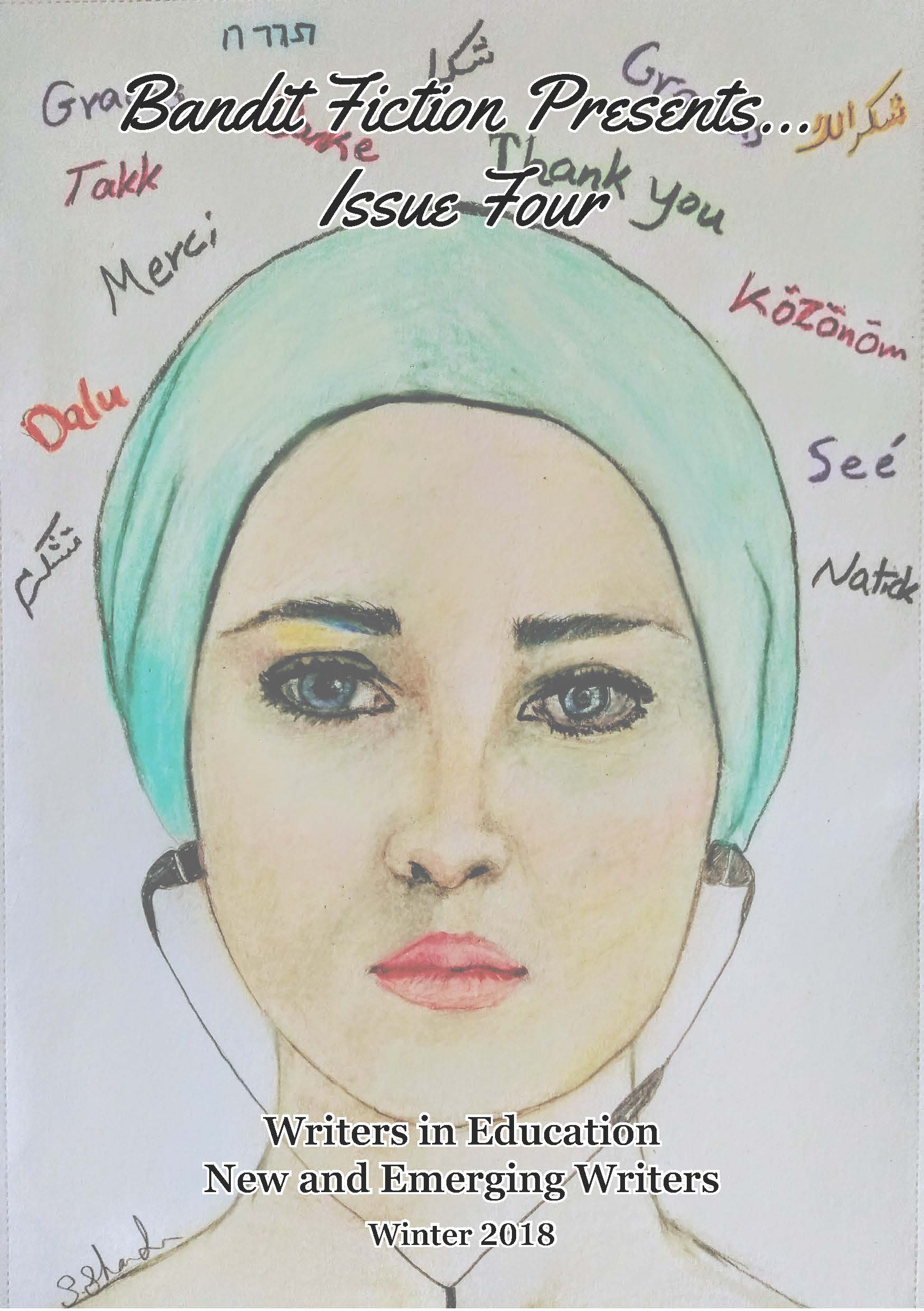

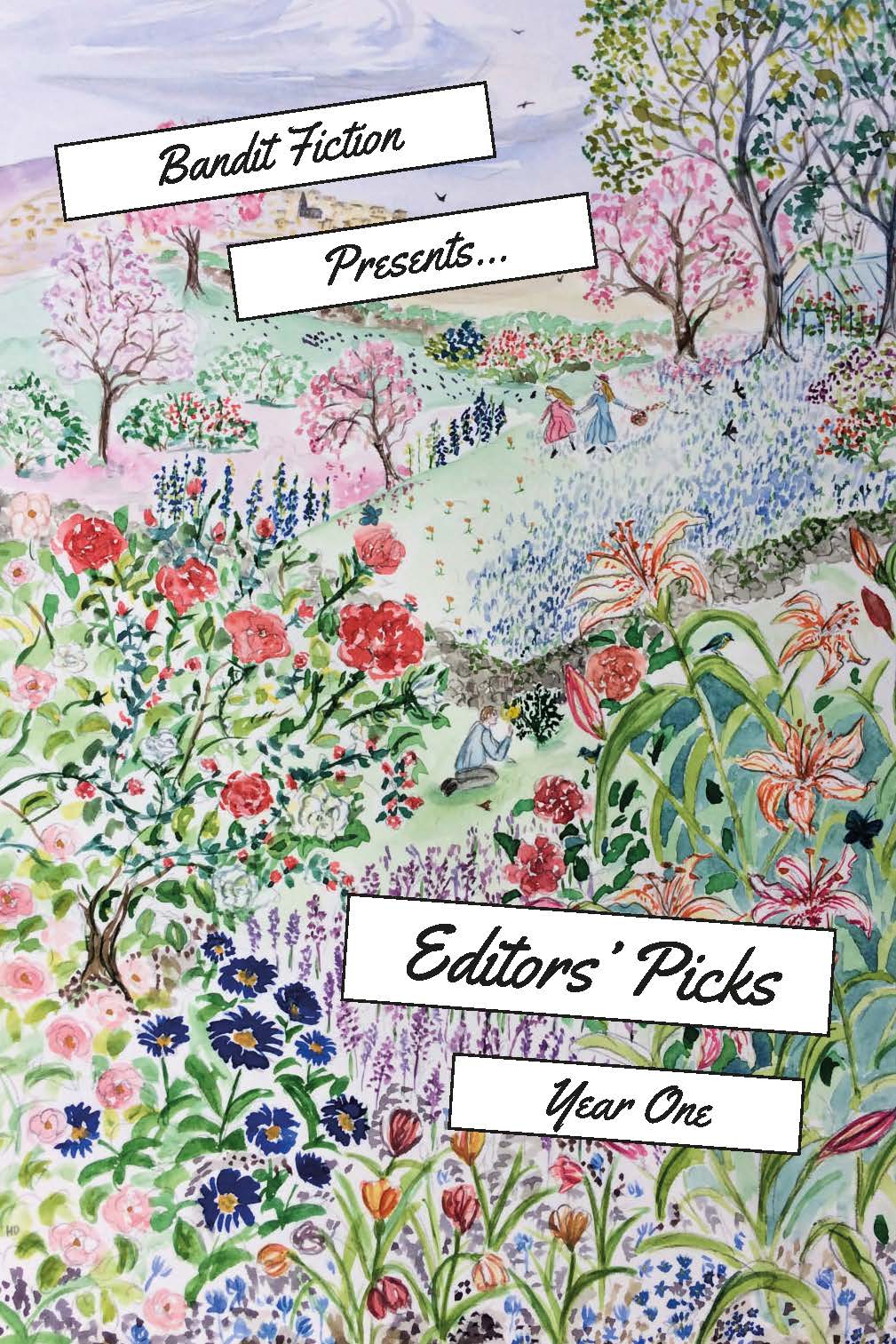


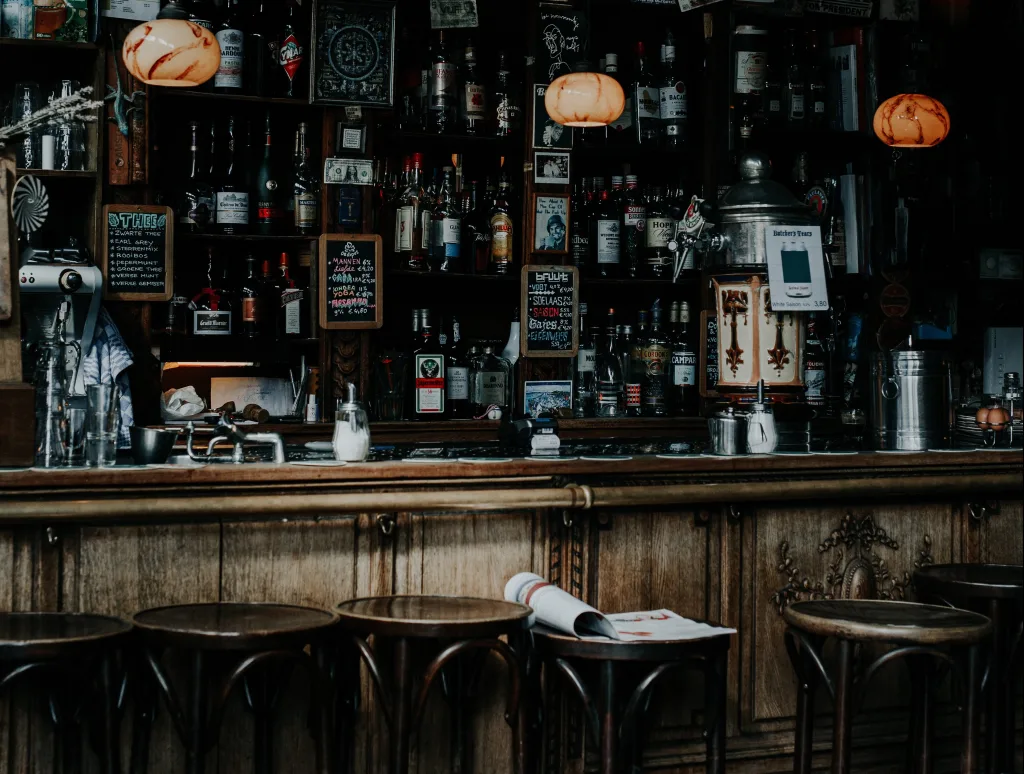





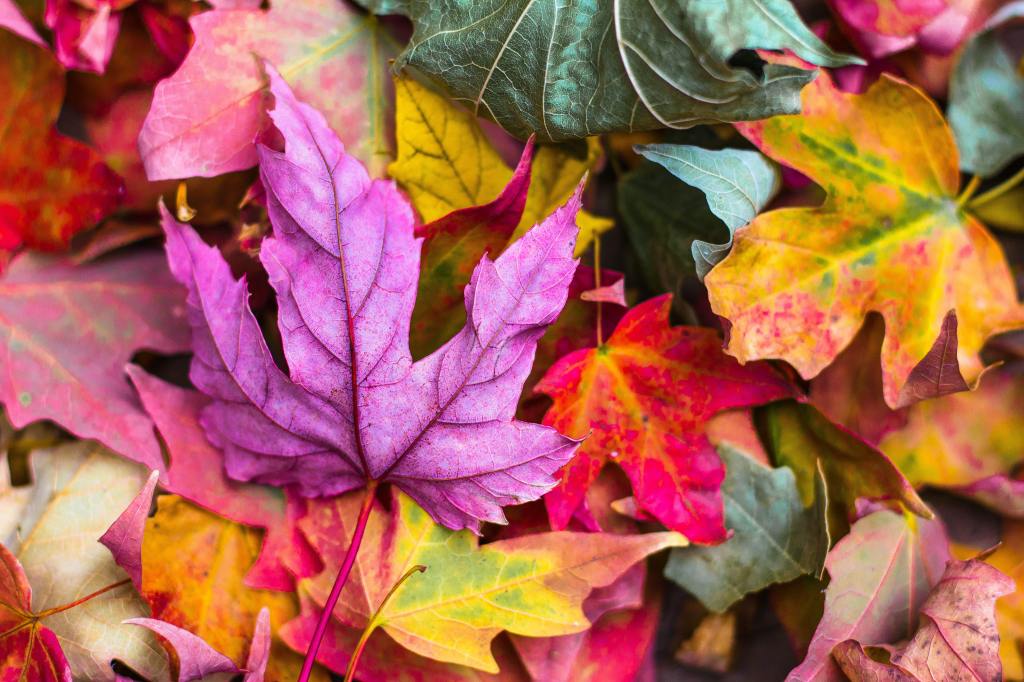
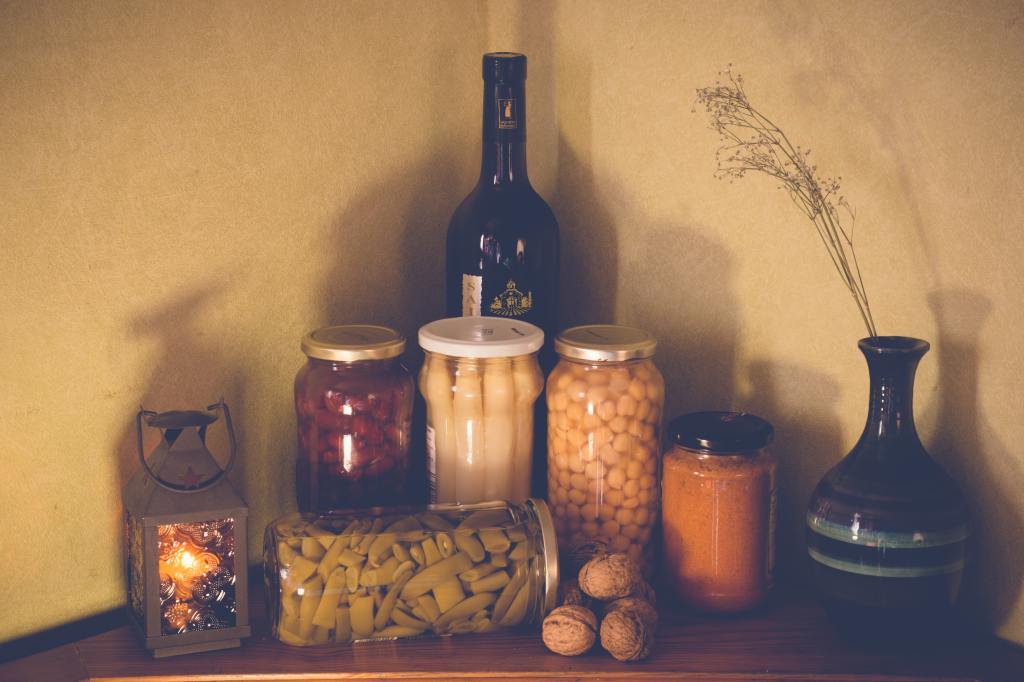


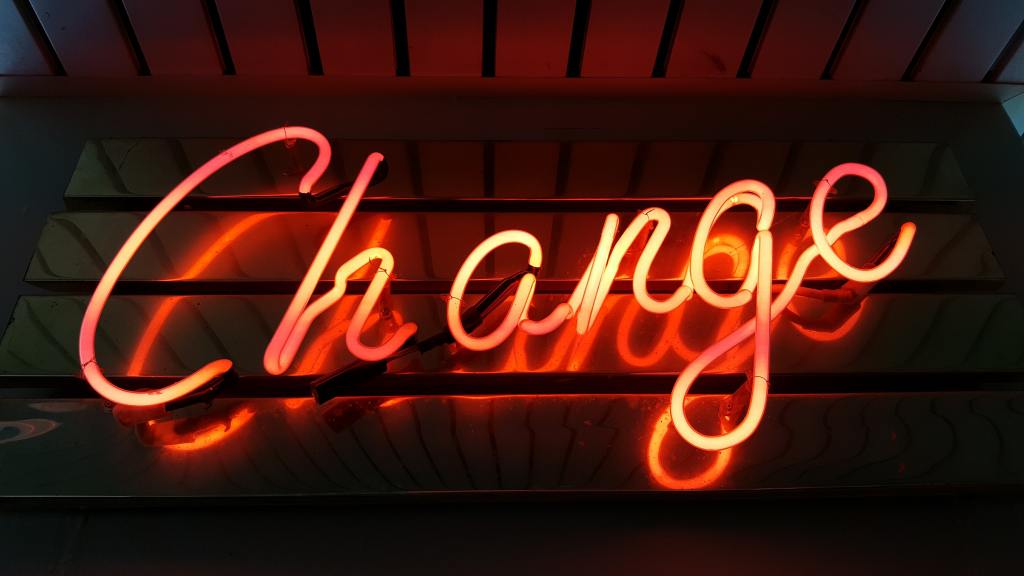
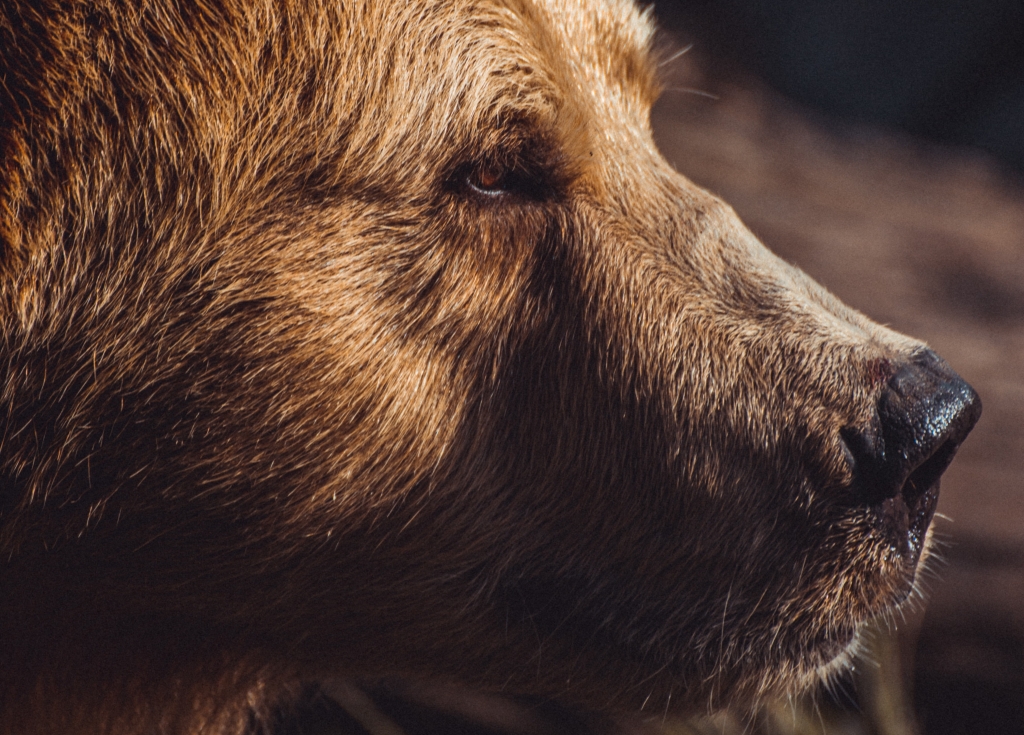
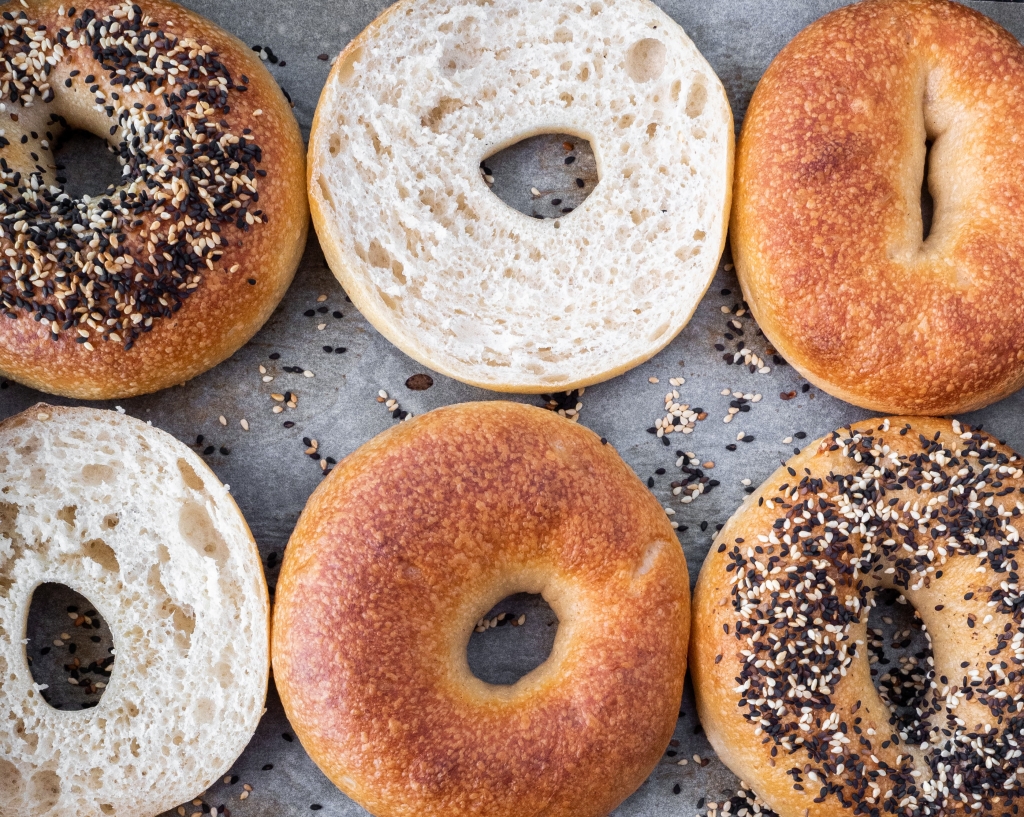
Leave a Reply